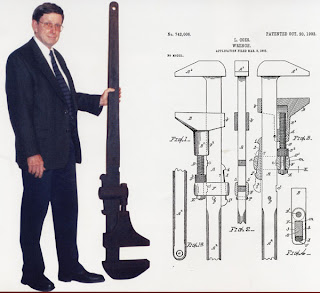Once you graduate from high school you are usually given the option to go to college and continue your education or enjoy a gap year travelling to a foreign country or you could find a job to start supporting yourself. There are all sorts of jobs available out there but the most important thing is to find something that you enjoy doing. If you are someone who enjoys fixing things and you are interested in learning more skills then maybe you should become a plumber.
The job plumbers get involves a lot of physical and mental work. They work to install and maintain plumbing fixtures like bathtubs, sinks and showers for residential, commercial and industrial clients. Aside from that they are also tasked to install and repair water and gas pipes, drainage and waste disposal systems, as well as appliances in the home like dishwasher, sinks, and water heaters. Some of the skills that you need to have in order to become a plumber are good problem solving skills, good manual dexterity, and a tolerance for working in usually uncomfortable environments such as in cramped spaces.
When it comes to educational attainment plumbers only need to complete a high school diploma. So in order to become a plumber you have to be good in math, science, computer and physics subjects. After finishing school you must get professional training in trade or from community colleges. They offer coursework which are more specific to plumbing work such as water supply and drainage systems including piping, venting, fittings, and valves. Most of these schools will give you a certificate of completion once you finish the course.
The next step in becoming a plumber is to complete an apprenticeship. You will find apprenticeship programs in local unions as well as through their affiliates and in non-union contractors. This usually takes four to five years and includes trainings wherein you get paid for your hours at the same time learn through classroom instruction. At this stage you will also get to learn special plumbing skills such as plumbing fittings, identifying grades and types of pipes, primary installation procedures and local plumbing codes.
After completing your apprenticeship you will then have to obtain a license. Most states require that plumbers be licensed before they can practice. However, licensing standards also differ from state to state. There are even some states who will require you to pass an exam and have anywhere between two to five years of experience before you can obtain a license. Becoming a plumber involves a lot of hard work and patience but if it is something that you enjoy doing then you will find that is actually a very fulfilling and rewarding job.




No comments:
Post a Comment